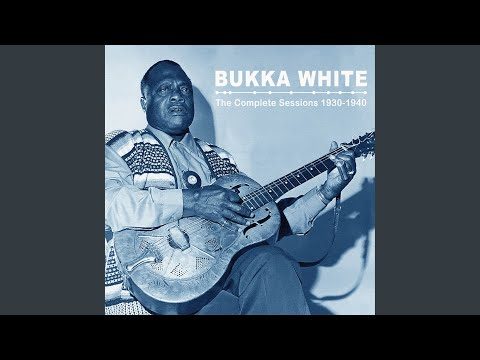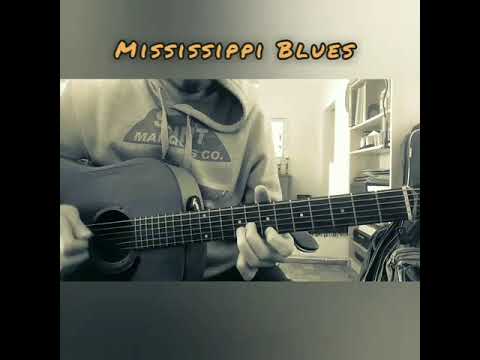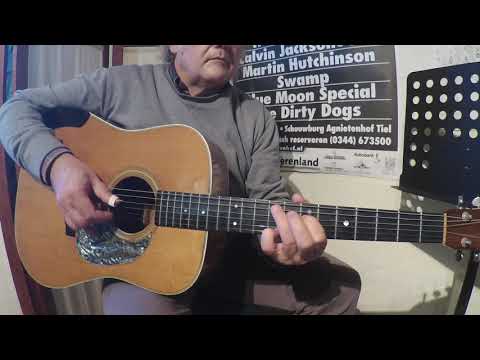#blindblake #blues #acoustic #blues # fingerstyle #policedogblues
Cops Pet Dog Blues
Blind Blake
Release Date 1930
[Verse 1] All my life I have actually been a travelin’ guy
All my life I’ve been a travelin’ man
Stayin’ alone and doin’ the best I can
[Verse 2] I shipped my trunk down to Tennessee
I shipped my trunk to Tennessee
Tough to outline a guy like me
[Verse 3] I fulfilled a gal, I couldn’t get her off my mind
I met a gal, I could not get her off my mind
She passed me up, stated she didn’t like my kind
[Verse 4] I’m frightened to bother around her home during the night
I’m terrified to trouble around her house at night
She got an authorities pet cravin’ for a fight
[Verse 5] His name is Rambler, when he gets an opportunity
His name is Rambler, when he gets an opportunity
He leaves his mark on everybody’s trousers
[Verse 6] Guess I’ll take a trip, I guess I’ll let her be
Think I’ll travel, I guess I’ll let her be
Prior to she sicks her cops pet dog on me
Blind Blake is a figure of huge significance in American music. Not just was he one of the greatest blues guitar players of all-time, Blake appears to have actually been the main designer of “finger-style” ragtime on the guitar, the six-string equivalent to playing ragtime on the piano.
Blake mastered this form so completely that few, if any, guitarists who have actually found out to play in this design considering that Blake have actually been able to match his rather particular achievements in this world. Blind Blake was the most often tape-recorded blues guitar player in the Paramount Records’ race catalog; certainly, Paramount waxed him as frequently as they could, as he was their best-selling artist.
By the time the Paramount label folded in the fall of 1932, Blake had actually taped a remarkable 79 known sides for them under his own name and had actually contributed accompaniments to Paramount recordings by other artists such as Gus Cannon, Papa Charlie Jackson, Irene Scruggs, Ma Rainey and Ida Cox to call only a couple of.
One would surmise, provided Blake’s value, celeb status, popularity and significant taped output that we would know something about the male. And after more than 5 years of searching carried out by specialists on behalf of Blind Blake, we still don’t know anything verifiable about Blake which he does not inform us on his records.
Practically all of what is “understood” about Blind Blake beyond that is a mix of guesswork, rumor, slander and nonsense. At one point a theory was advanced that Blind Blake’s real name was “Arthur Phelps” and it is under this name that Blake’s entry is submitted in Sheldon Harris’ Blues Who’s Who. But the theory is easily debunked by Blake himself, who mentions on his 1929 recording “Blind Arthur’s Breakdown” that his name is “Arthur Blake.”
He quickly breaks into Geechee dialect during the course of “Southern Rag,” and this advanced a theory that Blake was truly born in the Georgia Sea Islands and spoke Geechee as a mother tongue, representing his “unpleasant negro dialect” on records like “Early Early Morning Blues.” But there is nothing wrong with Blake’s “negro dialect,” therefore it was easy to disprove this outrageous idea.
Blind Blake is known to have had household in the location of Jacksonville, Florida and was likely born there; Blake may have matured in Georgia. Blake was first seen in Chicago in the mid-1920s. His birth date is assumed to be at some point between 1895-1897, as the only existing image of Blind Blake, taken at his first Paramount session in August, 1926, shows a male of about thirty. Interviews with some of the musicians personally acquainted with Blake only expose that he had a seemingly limitless hunger for liquor.
Nobody has discovered any reputable account of what took place to Blind Blake after his last Paramount session in June 1932. The story that has actually Blake killed in Chicago soon after his Paramount date did not hold up after an extensive search of regional authorities files.
The most reasonable notion about what may’ve happened to Blind Blake after 1932 is that he drifted back to Jacksonville and lived a few years more, with 1937 recommended as a possible date of death. In the summertime of 1935, Mary Elizabeth Barnicle led an Archive of Folk Tune exploration into the area where Blake is most likely to have actually transplanted and canvassed it for black musicians, yet never encountered him.
A number of the recordings made by Blind Blake are singled out as traditional early blues performances, too numerous to be listed in detail here. However a couple of that stand out consist of “Morning Blues,” “Too Tight,” “Skeedle Loo Doo Blues,” “That Will Never Ever Take Place No More,” “Southern Rag,” “Diddie Wa Diddie,” “Cops Canine Blues,” “Playing Policy Blues” and “Exemplary Blues.” Several of Blind Blake’s initial tunes are by now country-blues standards, and evaluating from the more developments in Atlanta-based Piedmont blues, Blake’s influence there should’ve been formidable …
TAKEN FROM https://www.allmusic.com/artist/blind-blake-mn0000760148/biography




